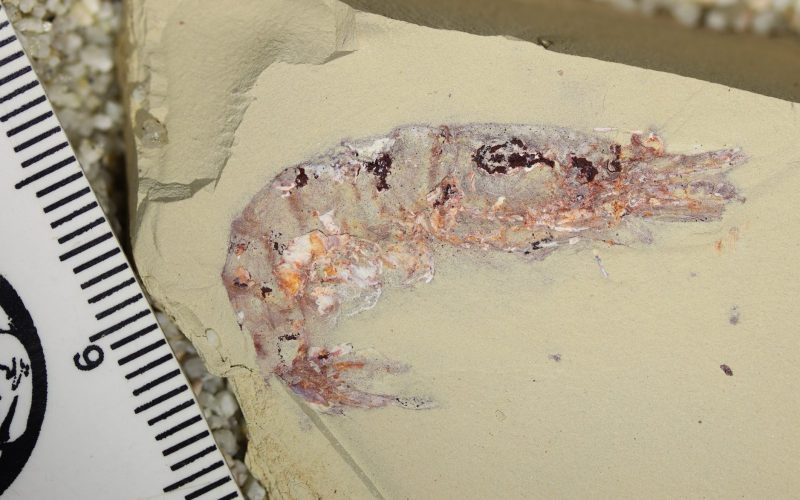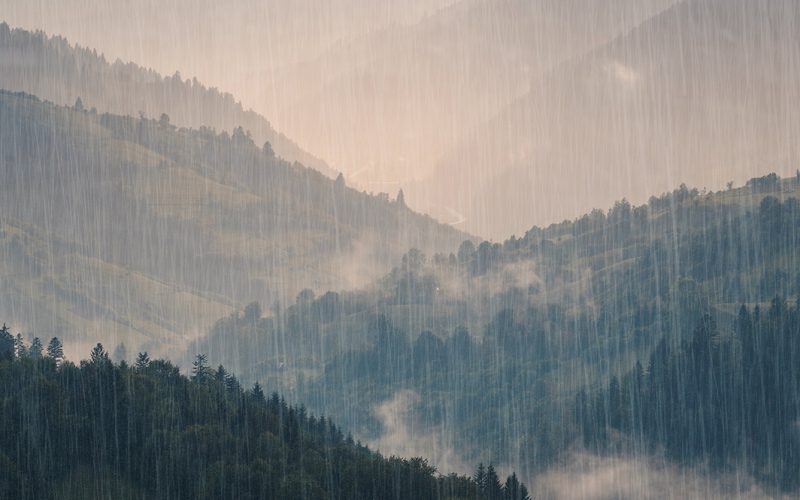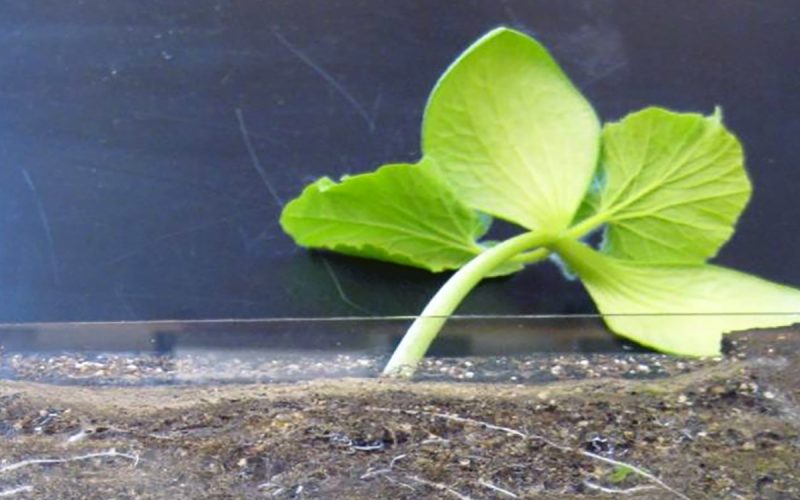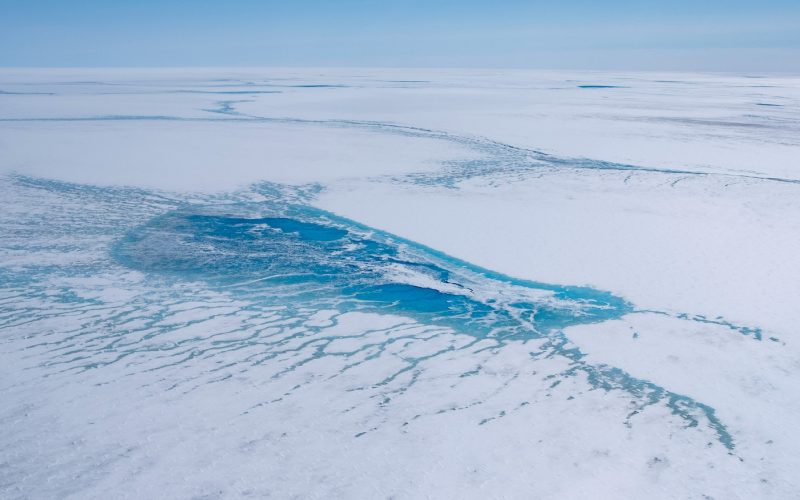In the spotlight

Why did some ancient animals fossilize while others vanished?
Why do some ancient animals become fossils while others disappear without a trace?
Alps could face a doubling in torrential summer rainfall frequency as temperatures rise by 2°C
Intense, short-lived summer downpours are expected to become both more frequent and more intense across Alpine regions as the climate warms.

Plants improve soil carbon storage, but they can disrupt it too
Our world is warming, and plants are widely seen as part of the solution.

Rethinking Past Ocean Circulation to Refine Future Climate Models
An international study led by the University of Lausanne reveals that deep ocean currents in the North Atlantic stayed active during two extremely cold and well-studied periods of the last ice age.

From commitment to collective action: Launch of the Culture for the Planet Alliance
A major step forward in the sustainability transition of the arts and cultural sector on a global scale is taking place.
Melting of Greenland’s ice sheet: how ice slabs regulate meltwater runoff into the sea
Scientists working at the universities of Fribourg and Lausanne have developed a model for the way Greenland’s meltwater drains into the sea.

Why did some ancient animals fossilize while others vanished?
Why do some ancient animals become fossils while others disappear without a trace?
Alps could face a doubling in torrential summer rainfall frequency as temperatures rise by 2°C
Intense, short-lived summer downpours are expected to become both more frequent and more intense across Alpine regions as the climate warms.
Research at work
- Why did some ancient animals fossilize while others vanished?Why do some ancient animals become fossils while others disappear without a trace?
- A classification of drugs based on their environmental impactScientists at UNIL and Unisanté classified 35 commonly used drugs in Switzerland based on their impact on the aquatic biodiversity.
- AI enables a major innovation in glacier modelling and offers groundbreaking simulation of the last Alpine glaciationScientists at the University of Lausanne (UNIL) have used AI for the first time to massively speed up computer calculations and simulate the last ice cover in the Alps.
- First traces of water on Mars date back 4.45 billion yearsBy analyzing a Martian meteorite, scientists from the University of Lausanne and Curtin University have discovered traces of water in the crust of Mars dating back 4.45 billion years, i.e. to near the very beginning of the planet's formation.